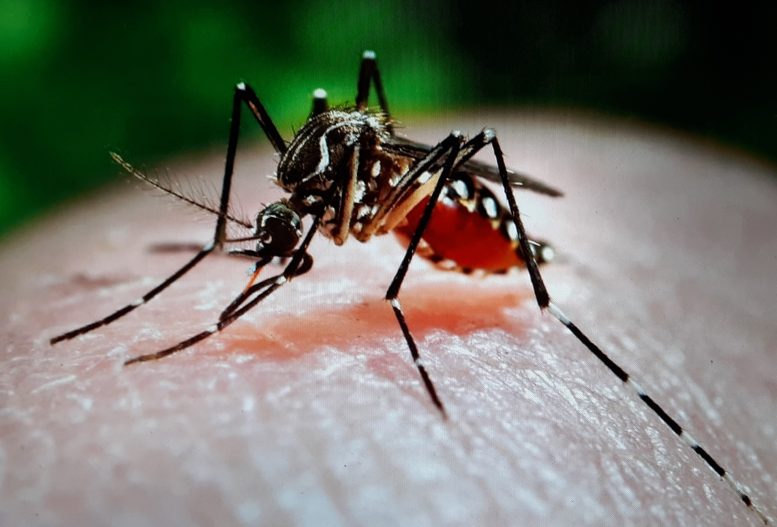(Submitted by City of Bowling Green)
Rain and temperature patterns can affect mosquito numbers on a yearly, monthly or even weekly basis.
Though mosquitoes may be coming from large areas of visible standing water, they also may come from trees with small cavities where water can pool and serve as a spot for mosquitoes to reproduce without any predators to consume the larvae. Large stagnate areas like undrained lawns can produce many adult mosquitoes, but even the smallest puddle can support mosquito larvae, including places like bird baths, clogged gutters, kids’ toys, buckets and used tires.
Wetlands are often cited as a place people speculate the mosquitoes are coming from, however, in a healthy functioning open wetland the mosquito larvae are kept in check by the other larvae, such as damselfly and dragonfly larvae.
Following are some tips on how to avoid and reduce the mosquitoes in your backyard:
- Eliminate or treat standing water. Standing water is a breeding ground for mosquito larvae. Walk around your yard and empty water from containers, empty/refill bird baths daily, fill in low areas with soil/mulch. Larvicides can be used to treat wet areas that will not be used for drinking, where mosquitoes may breed. The Wood County Health Department distributes mosquito dunks to residents free of charge. They can be used in areas like rain barrels, pool covers, fountains, septic tanks and gutters. For more information, visit the health department’s Environmental Health Division on East Gypsy Lane Road in Bowling Green, or call 419-354-2702.
- Use mosquito repellents that contain DEET, or another EPA approved product. Natural repellents containing lemon eucalyptus oil may provide relief as well. Do not like sprays? Consider Thermacell portable mosquito repellent devices or wear long, loose fitting clothing.
- Use mosquito netting and fans around gazebos, decks, and patios to keep mosquitoes away from sitting areas.
- Plant mosquito repellent plants. Citronella, Lavender, Lemon Balm, CatNip, and Marigolds have been shown to contain mosquito repelling properties.
- Limit outdoor activity from dusk to dawn when mosquitoes are most active.

